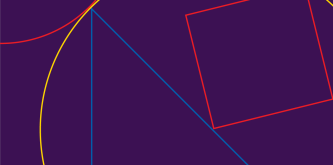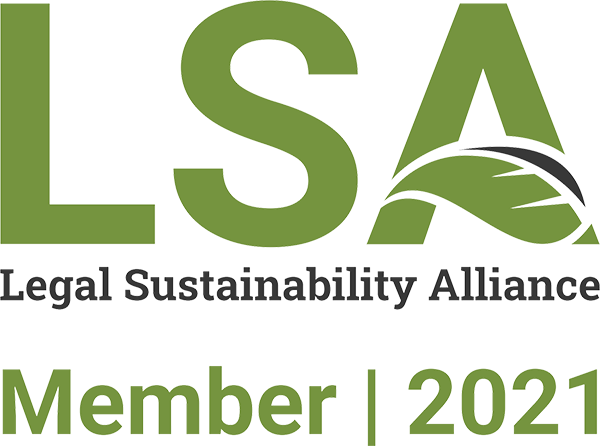The High Court of Cassation and Justice has held, contrary to the practice of other courts, that, in order to comply with the fundamental principles of law, the party in whose favour the case is settled must receive from the losing party the court costs incurred in the proceedings, even if those sums have been advanced by a third party.
The case involved complex relationships between multiple participants, including a legal assistance agreement with an atypical but legal distribution of payments to lawyers and an agreement between a party and a third party with effects in the lawsuit.
Basically, the court was called upon to rule on the court expenses recovery claim filed by the defendant, which claimed that a third party had paid the amounts in question on its behalf. The Court of first instance and the court of appeal dismissed that claim, on the grounds that the defendant had not shown a direct link between the amounts paid and the costs actually incurred by it and that the purpose of the costs was to reimburse payments made by the parties themselves and not by third parties.
On the contrary, the High Court finds that, if the interpretation offered by the other courts were to be accepted, where a third party pays the court costs, those costs could no longer be recovered in the course of the proceedings, since the third party does not have standing to bring such a claim, and the party would be denied that right on the ground that it had not paid those costs itself. Such an interpretation cannot be upheld because the payment from the third party may be based on the third party’s prior relationship with the party in whose favour the payment was made, and the law allows a lawyer to assist a person other than the person paying the fees.





